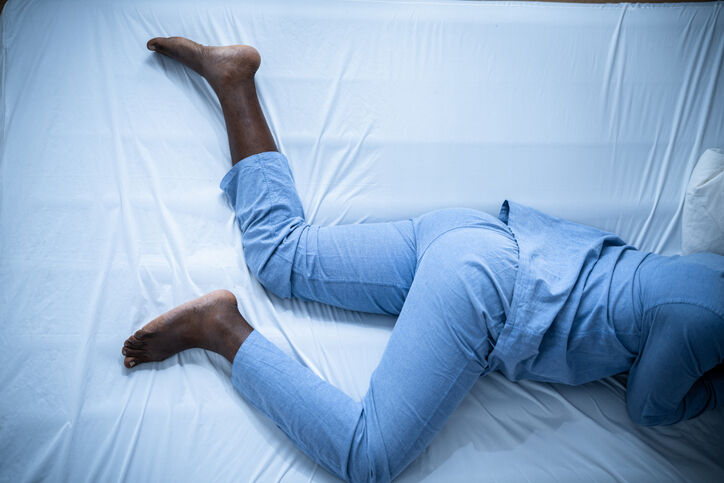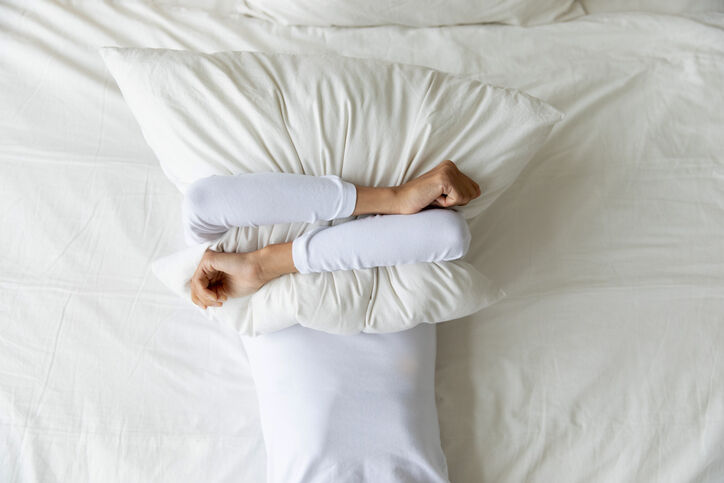Is restless leg syndrome keeping you awake at night? Try these simple home remedies to get some quality sleep.
Did you know seven to 10 percent of Americans can’t get enough sleep because of restless leg syndrome (RLS)? If you have RLS, you’re not alone.
RLS is a condition that sparks uncontrollable leg movements, often during the night. As a result, those afflicted go through their day feeling tired and frustrated. While medications are available to treat the syndrome, there are a few proven home remedies to alleviate the symptoms of RLS.
What is RLS?
RLS patients often describe their discomfort as throbbing, pulling, cramping, twitching, and itching. Moving the legs can temporarily relieve the sensations, but constantly shifting the legs can keep a person up all night.
Researchers have yet to determine the exact cause of RLS. However, it’s believed to be due to an imbalance of the brain chemical dopamine that controls muscle movements. Another possibility is iron deficiency. The syndrome tends to run in families, as well.
Those with diabetes, kidney disease, and Parkinson’s disease stand a higher risk of developing RLS. The condition can also affect pregnant women as a result of hormonal changes but usually disappear after delivery.
The six best RLS home remedies
Medications to boost dopamine levels in the brain and relax the muscles have effectively treated RLS. But home remedies can also help. If you’re experiencing RLS symptoms on a nightly basis, try these home-based treatments and lifestyle changes:
Take a warm bath. While in the tub, gently massage your legs to relax the muscles.
Do gentle stretches. Stretching your muscles before bedtime can ease those bothersome RLS sensations. One study found that yoga exercises reduced RLS symptoms in women.
Exercise. Moderate workouts such as jogging or walking are beneficial for RLS symptom relief. However, avoid vigorous exercise before bedtime.
Cut out caffeine and alcohol. Coffee, tea, chocolate, and alcohol can keep you awake, and that’s not what you want when RLS is already keeping you up at night.
Quit smoking. Like caffeine and alcohol, tobacco can make you jittery and interfere with sleep.
Try hot and cold packs. Alternating between applying hot and cold compresses on the legs may help reduce RLS symptoms.
Put on a foot wrap or vibrating pad. A wrap that adds pressure on the foot has been shown to relieve symptoms. You can also place a vibrating pad on the back of your legs.
RLS and vein disease: Is there a connection?
A common cause of RLS we have yet to explore in this article is chronic venous insufficiency (CVI), which results from poor circulation in the leg veins. RLS and CVI share many symptoms, such as cramping, pain, and itching, that worsen at night.
A recent study found that when RLS patients were treated for venous insufficiency, their RLS symptoms lessened, concluding a link between the two conditions. If you’re diagnosed with venous insufficiency and suffer from RLS, talk to your vein doctor about undergoing a minimally invasive treatment to restore healthy blood flow in the veins.
Fix your veins to get better sleep
Center for Vein Restoration (CVR) has numerous locations throughout the country, and our physicians are board-certified with years of experience treating all types of vascular disorders, including varicose veins and RLS. If you suffer from nighttime cramping and twitching, consult one of our vein specialists. We can help you explore treatment options to improve your quality of life.
Contact your nearest CVR location today to schedule a consultation or speak to a representative. You may also schedule online at your convenience.

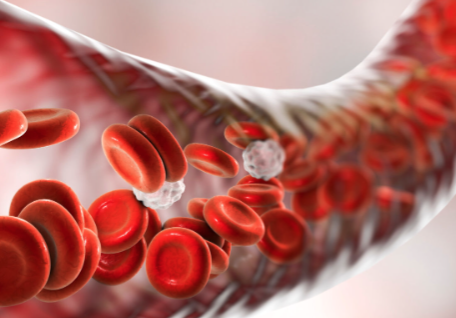 About Vein Disease
About Vein Disease
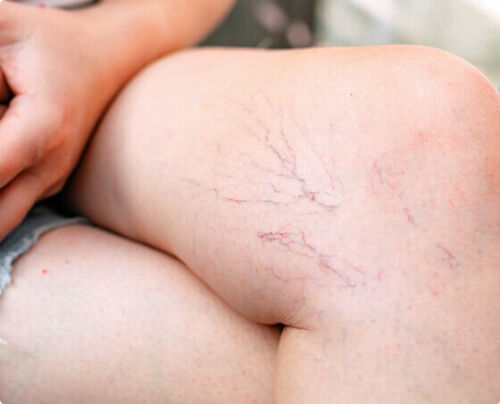 Spider Veins
Spider Veins
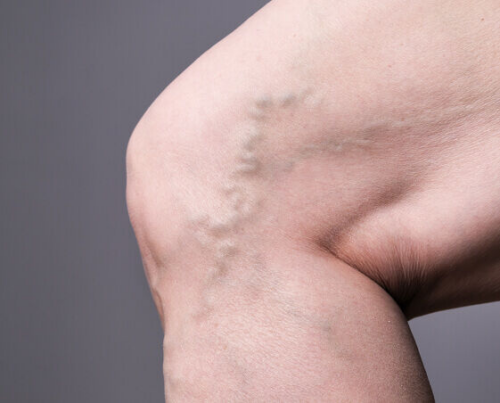 Varicose Veins
Varicose Veins
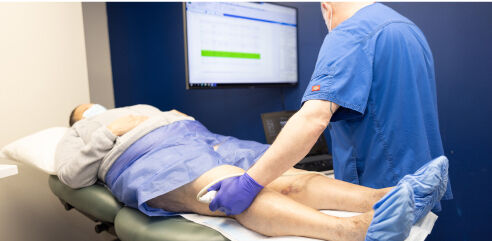 Vein Disease Treatments
Vein Disease Treatments
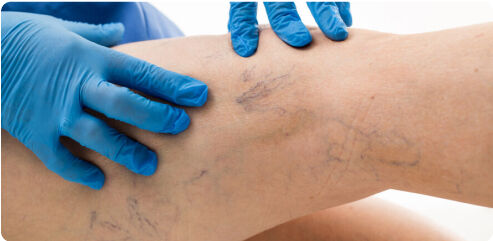 Treating Spider Veins
Treating Spider Veins
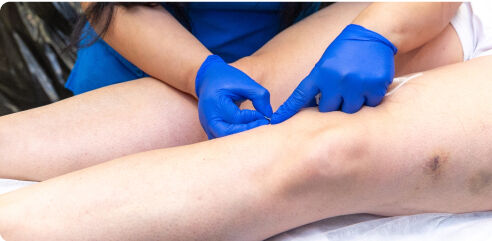 Treating Varicose Veins
Treating Varicose Veins
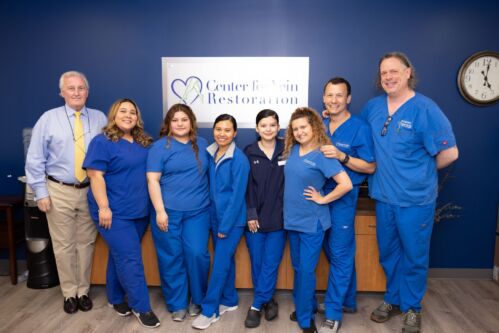 About Us
About Us
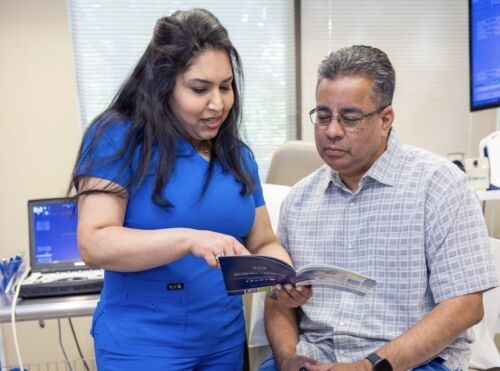 Patient Resources
Patient Resources
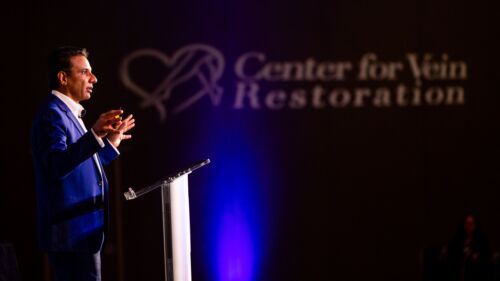 Physician Resources
Physician Resources

